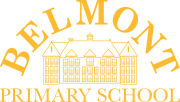Geography and History
Both Geography and History are taught from Year 1 to Year 6. We deliver a high quality Geography and History curriculum which sparks a curiosity in children to learn about the world around them. Skills in both subjects are taught progressively across the school, within engaging contexts and focused study, where children are able to make links between areas of learning and develop their knowledge and understanding in a coherent way. The children learn aspects of Geography and History relating both to Britain and to the wider world. Both subjects are supported by visits and fieldwork locally or further afield and the School benefits from its proximity to London historical sites and museums, which enable pupils to learn from primary sources and first-hand experiences. The Curriculum is further enriched through interactive workshops brought into school, often involving role play so that children are able to explore ideas and themes in more depth.
Autumn Term 2019

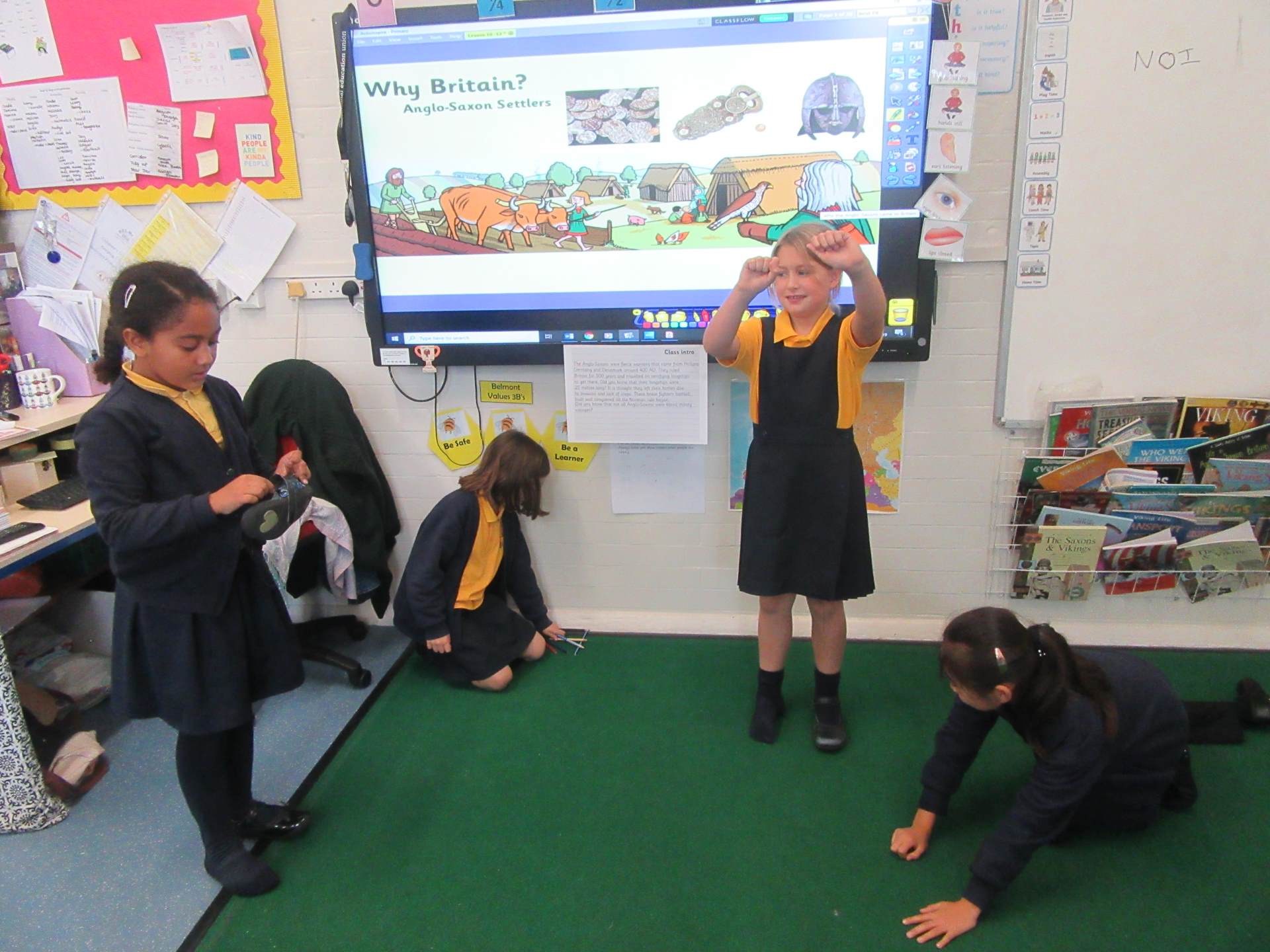
Y6 visit the British Museum. Y4 role play Why Britain? Anglo Saxons.
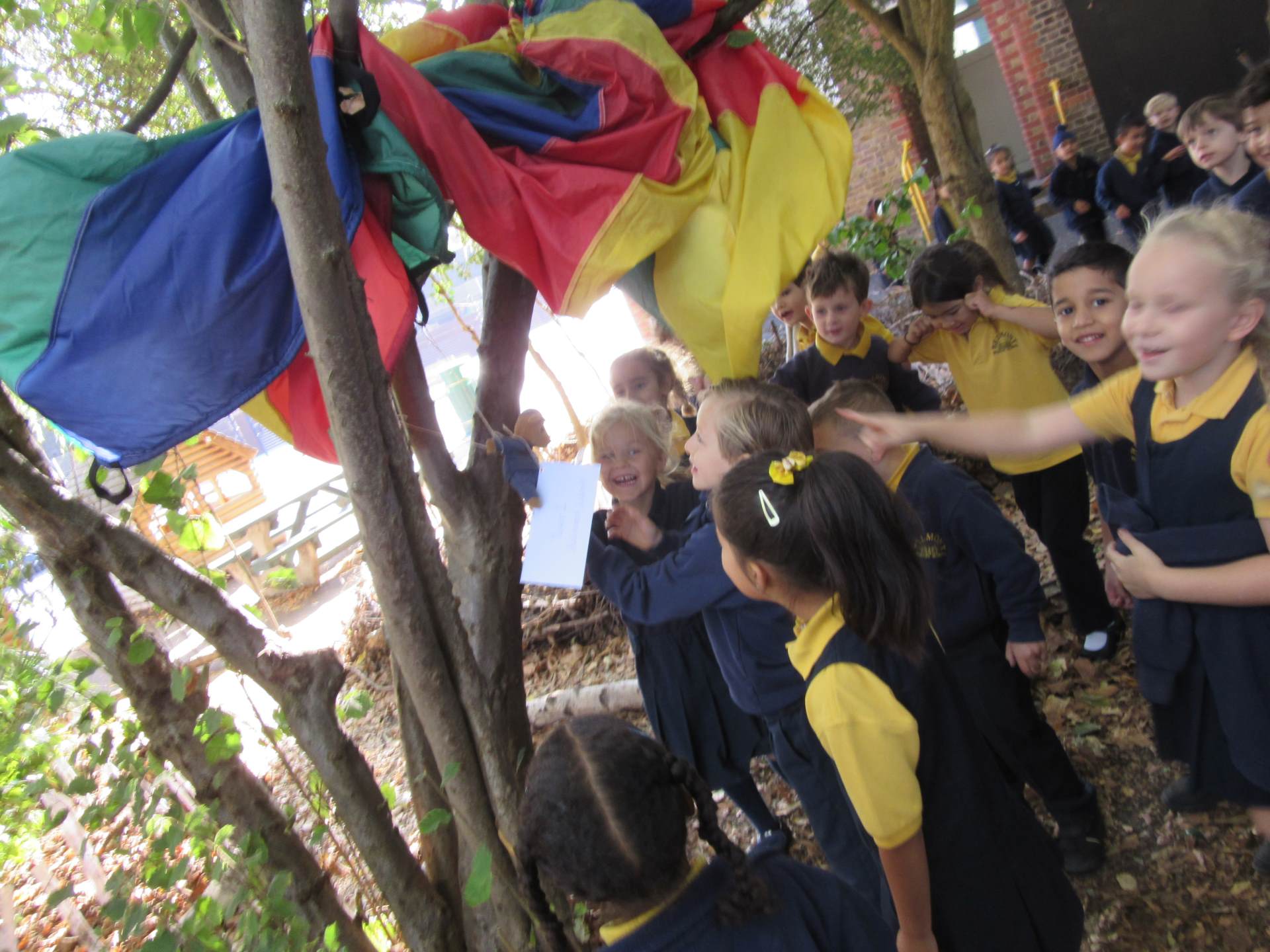
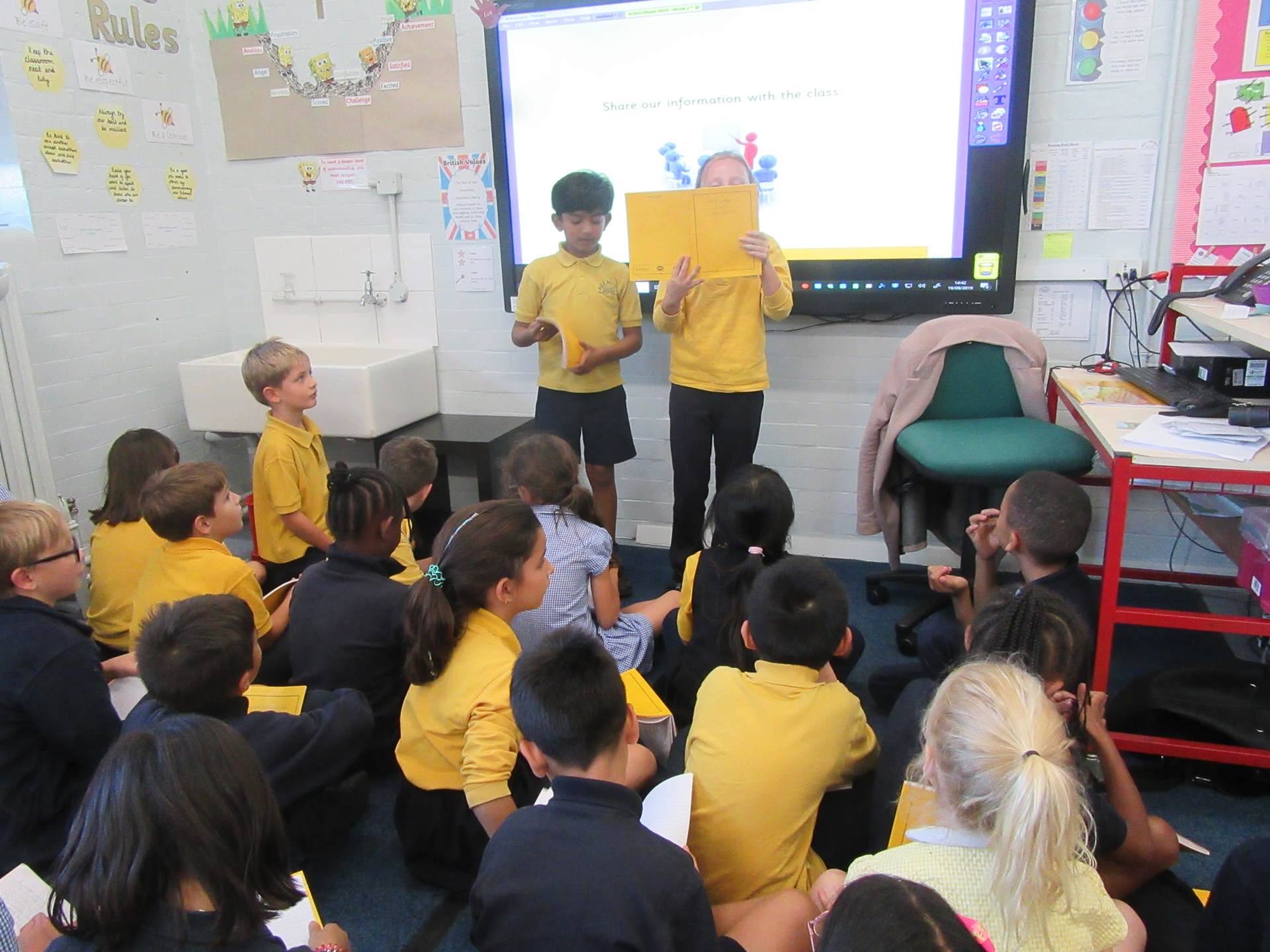
Y1 rescue a parachutist in From A to B. Y3 presenting research facts in Active Planet.
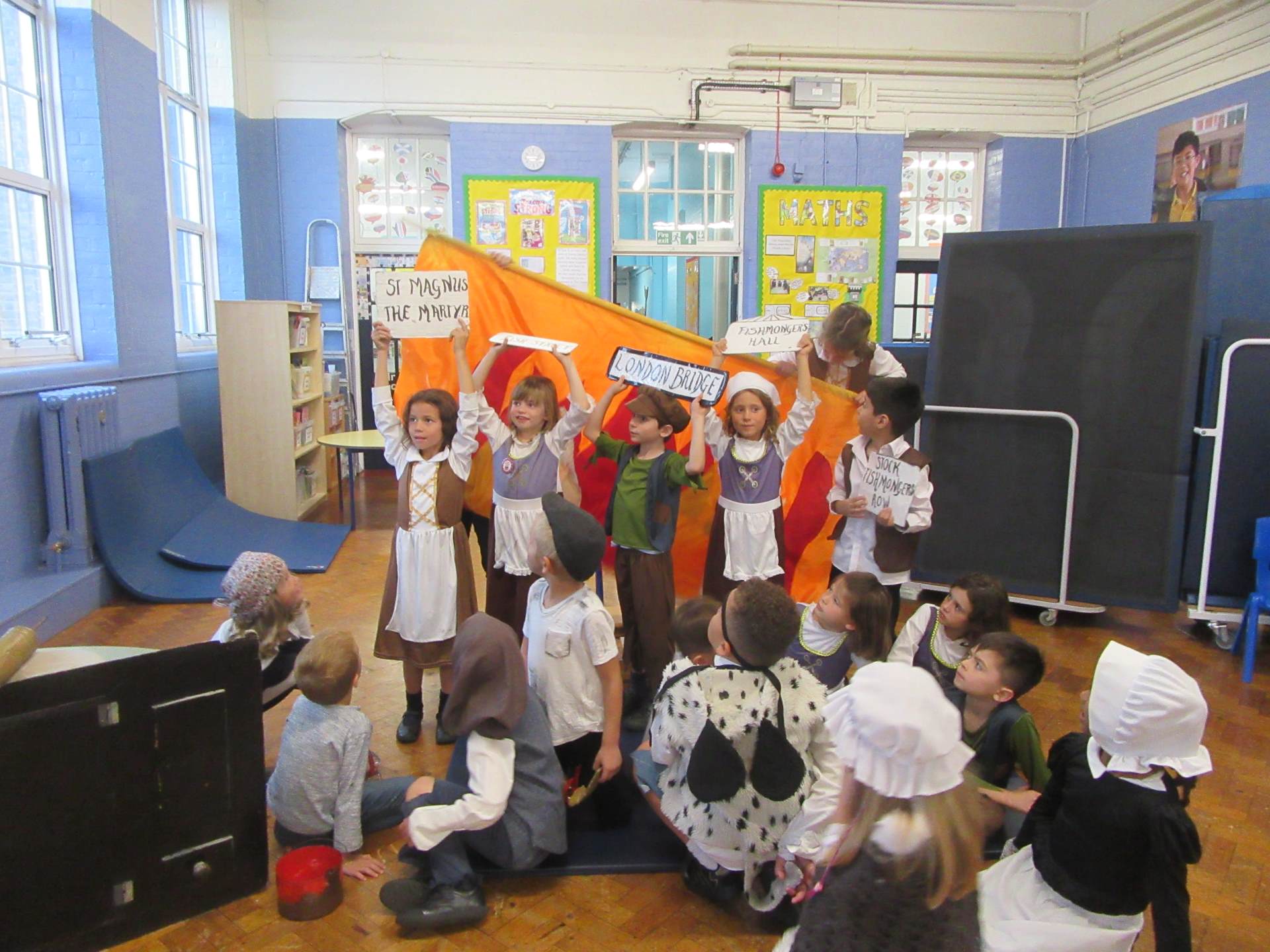
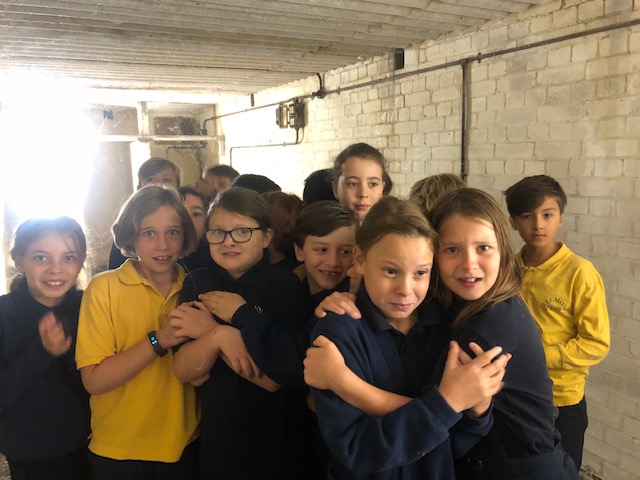
Y2 learning about The Great Fire of London Y5 Wow start - time spent in the school Anderson
through drama. shelter.
Quality of Geography Education
Intent
At Belmont Primary School, we deliver a high quality geography curriculum which sparks a curiosity in children to learn about the world around them both on a local and global scale. We believe that geography should inspire children to learn about their current and future roles in the world and appreciate the need to live in balance with a rapidly changing environment. Through teaching physical geography, children are motivated to learn more about sustainable development for the future of our world and mankind. Exploring human geography allows children to gain an understanding and appreciation of life in different countries and cultures.
We celebrate the richness of this subject by making it accessible to all learners through many different areas of the curriculum:
- Collecting and analysing data in mathematics and science
- Using art to draw and sketch landmarks in fieldwork activities
- Creating story maps to explore journeys in English
- Collaborating with others to use compasses and maps in OAA PE lessons
- Using photography to study aerial photographs
- Using a range of technology and the internet to learn about the world
Geography at Belmont allows our children to communicate their findings in a variety of ways and helps them to build a broad and well balanced view of our world.
Implementation
Children at Belmont are inspired to learn about the world around them through trips, WOW starts (engaging activities to kick-start new themes), opportunities for outdoor learning and fieldwork activities, workshops, guest speakers and assemblies.
The sequence of lessons across year groups uses a range of resources to ensure progressive learning and acquisition of skills. Importantly, it endeavours to deliver beyond typical geography lessons so as to develop children’s personal and social skills through drama, working in pairs and group work. Furthermore, the engaging and motivating nature of our lessons provides many opportunities for discussion and reflection, which then allows the children to build a deeper understanding of geography and its relevance. Teachers use high quality, well-targeted questioning in lessons to ensure maximum pupil involvement. Their good subject knowledge allows them to address misconceptions and they effectively use a range of assessment tools to inform planning and check understanding.
Impact
Geography at Belmont is designed to give all children, including disadvantaged pupils and pupils with SEND, the knowledge and cultural capital to succeed in the next stage of their education. Our engaging and stimulating curriculum will have a positive impact on all pupils’ learning across the years and they will have a good basis of core geographical knowledge and vocabulary. This will be demonstrated through enthusiastic discussions with pupils as well as evidenced in the quality of their learning in books. Regular dialogue with teachers will also be encouraged to ensure the curriculum is of a high-quality and kept up to date and relevant in an ever changing climate.
Quality of History Education
Intent
Our intent for the Primary History curriculum is for all pupils, regardless of their background or SEN status, to acquire the understanding and skills to become inquisitive, knowledgeable and critically thinking individuals so that they can succeed both at Belmont but also in their future learning and employment.
Our curriculum teaches children to be:
Critical thinkers
Children are taught to make considered judgements and arguments through weighing evidence and analysing both primary and secondary sources. They will able to make links across time periods and places in order to discuss change and continuity.
Inquisitive
Children are inspired to be inquisitive and are enthusiastic to learn about history. They have the ability to think, reflect, debate, discuss and evaluate the past by formulating and refining questions and lines of enquiry. They can follow their interest in order to conduct further research and are encouraged to make links with previous learning.
Knowledgeable
Children will develop a strong understanding of the chronology of British, local and world history and be able to make links between different periods. They will be able to talk about the periods, places, people and events they study using appropriate historical terms.
Implementation
The history curriculum at Belmont is designed to encourage children’s curiosity as well as embed a secure understanding of chronology and Britain’s place in the wider world. Children are inspired to learn about historical periods, people, places and events through trips, workshops, WOW starts and artefacts. In order to ensure this progression three main strands have been identified and mapped across the curriculum; knowledge, enquiry and analysis. The curriculum develops children’s historical skills in these three areas by building upon previous taught material both within a year group and across year groups. Children are encouraged to link their learning with previous knowledge and compare and contrast periods, people, places and events.
Impact
The history teaching at Belmont should have an impact on all students, regardless of background or SEN status, and this will be seen through children’s enthusiasm and curiosity for the subject. It will also be displayed through their work in books as well as discussions with teacher’s and subject leaders about what they have learnt. Children will make clear progress across the year groups in order to leave Belmont having thoroughly enjoyed learning history and with the historical skills and knowledge to succeed in the future.
Policies
Please refer to our Policies and Procedures page.

